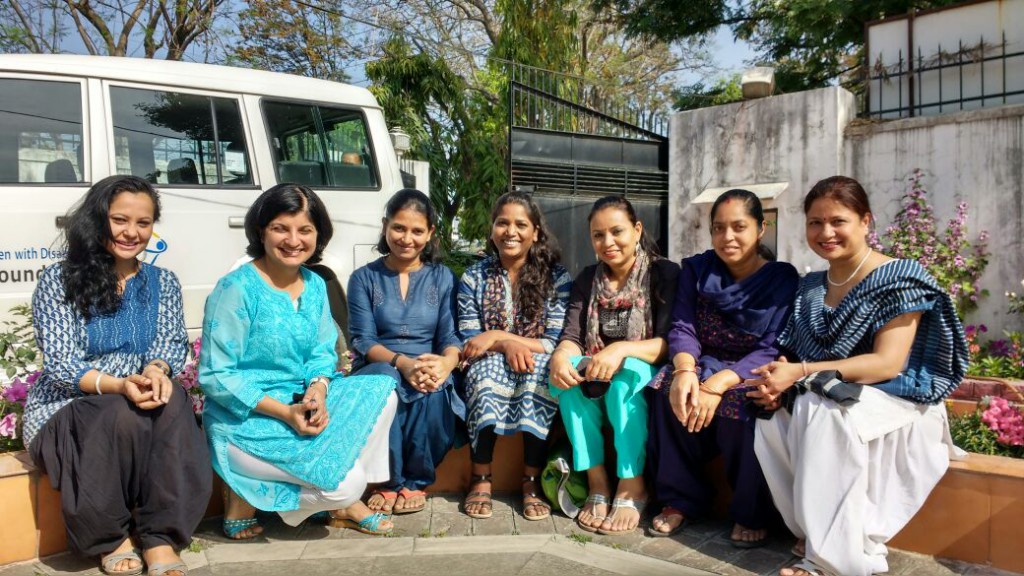Tomorrow is World Autism Day. People around the world will be marking the day by wearing blue, lighting their buildings blue and hosting a wide range of activities to spread the word, create awareness, share knowledge and build a sense of urgency about the alarming rise in incidence of the condition and the importance of identifying it early.
Ten years ago, 1 in 166 children was diagnosed with autism. Today, it’s 1 in 68. The condition is much more common in boys (1 in 42 according to the Centres for Disease Control) as compared to girls (1 in 189) and better diagnostic skills don’t quite explain why we are seeing so many more kids each decade.
Autism is a complex neuro-developmental disorder. Most commonly, people with autism have difficulty with social interactions and relationships and trouble expressing themselves appropriately – both verbally and non-verbally. Many people with autism engage in repetitive behaviours (like flapping their hands, rocking or obsessively focussing on one particular activity).
It’s called a spectrum disorder because there is such a wide range of ways that it appears. Some people may be so mildly affected that they can hold a regular job, have normal relationships and – with small adaptations – seem just like anyone else. Others with more severe manifestations may be unable to speak, live on their own or manage their own daily needs.
Latika Roy Foundation is lighting all of its centres blue, we’ve all got our blue kurtas and t-shirts ready and I’m lighting our home as well. But a day to create awareness is only useful if we take the knowledge part of it seriously.
We have lots of kids with autism in our centres and we understand a fair amount about what it is and how to cope with it. But the more we learn, the more we realize how much we still need to know.
Last month, we formed an Autism SWAT Team (SWAT stands for Super-Women Autism Team) and we got our training from an honorary superwoman named Dr Ajay Sharma.
Ajay is a developmental pediatrician from London – recently retired, skilled, knowledgeable and incredibly generous with his time and expertise. He designed and taught a three-day intensive training program in how to assess a child with autism for eight carefully selected staff. This cracker-jack team of professionals will now form the core of our expert autism group. The training will continue with regular twice-monthly meetings, skype discussions with Ajay with videoed assessments for him to critique and help us to improve.
Probably the single most important thing we learned in the training was the crucial importance of early intervention. Autism can now be diagnosed reliably in children as young as two, often even younger. Good early intervention can change the course of a child’s life. So it’s vital that parents be aware of the signs and seek help the moment they have a concern.
Autism Speaks is one of the world’s best resources for families and practitioners concerned with children and their development. Their site contains a wealth of information including a “Learn the Signs” section which educates parents on things to keep an eye out for; checklists which you can use to screen your own child and reports on the latest research being done.
A parallel site called Autism Navigator offers a wonderful array of resources for both families and professionals – some of which, warning! – are only available for purchase, but many of which are free.
I urge you to learn as much as you can about autism and to be aware of “red flags” in the children in your lives. My daughter-in-law Lydia came up with the slogan “1 in 68! Act Now! Why Wait?” and it perfectly captures the urgency and the positive, pro-active approach we all need to take.
Together we can make a huge difference!




